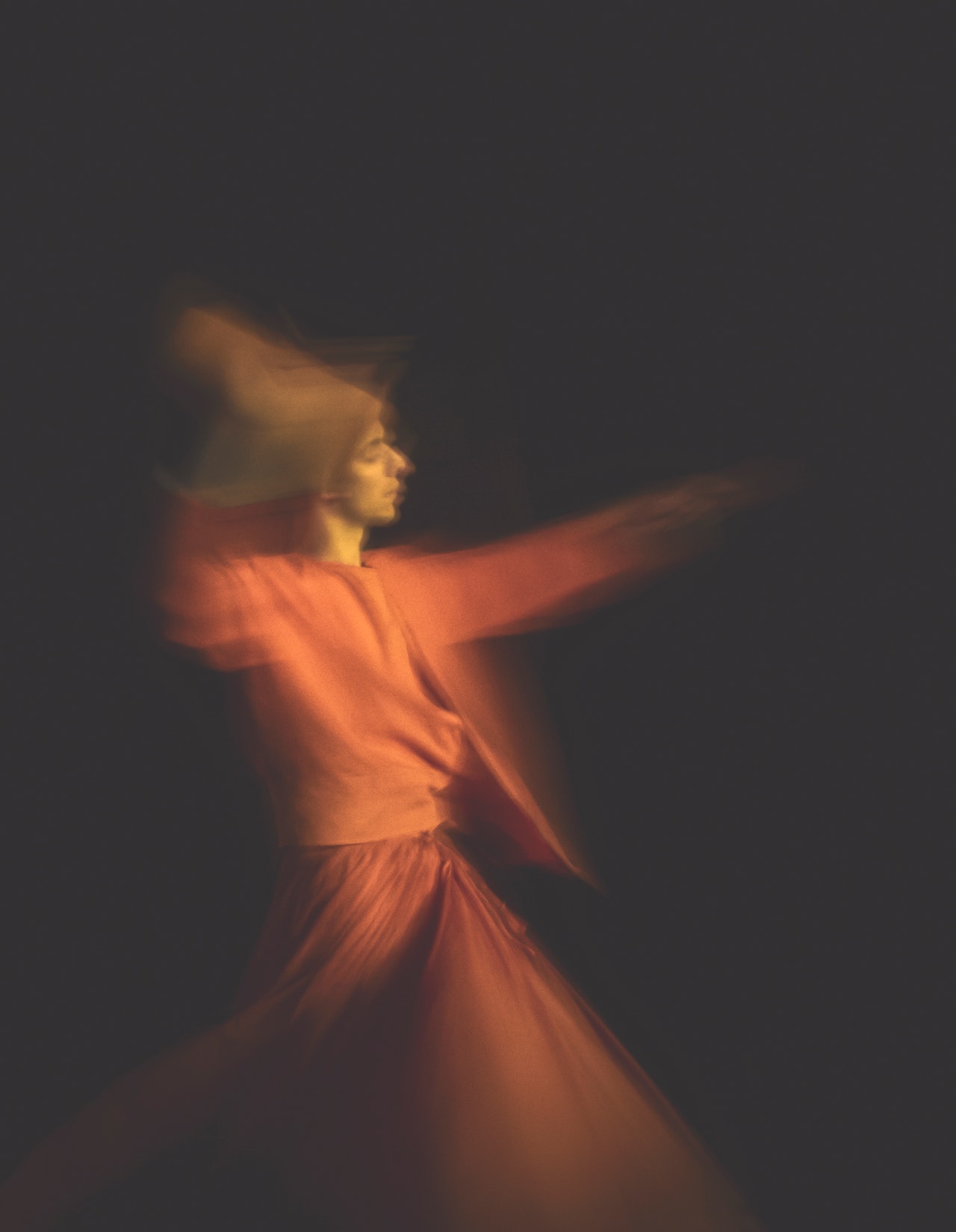When I was living in San Francisco in my early 20s (for context, this was in the early 90s), I was fresh out of a liberal arts college and new to the scene of hipster cool.
This was also during a bad crack epidemic. I was working at a zen bakery, my shift started at 5 a.m. so I had to be up before the sun and walk half an hour to work. I literally circumnavigated those who had imbibed alcohol too deeply and suddenly. Often, I wasn’t sure if the bodies I carefully sidestepped were still breathing.
All different types of characters would pass through the bakery doors. Famous writers like Kathy Acker and zen priests like Norman Fischer. I would imagine what the inner lives of the people whom I served the tasteless but healthy “haver” cookies looked like. They were svelte and shiny, and I was in love with all of them. I simply longed to know love, to fill the ache of need that has followed me my entire life. After losing my birth father at the age of three, mostly estranged from my mother, and missing my dog back in Texas who I wasn’t even sure was still alive, I hungered to fill my soul with the fantasy of love relationships.
And then I found Rumi.
I don’t remember how the red paperback came into my possession, but I know that I couldn’t put it down. It was peppered with references to “Hisham” and “Shams,” names in Arabic and Persian that sounded heavenly. My vague familiarity with biblical stories found echoes in his scripted tales of Moses and Yusef. But it was Rumi’s relationship with Shams, his beloved friend, that transfixed me and really changed the course of my life.
A single couplet at the end of a poem, rendered beautifully by Coleman Barks read:
“When the Lover is Everywhere, Life is like through a Veil
But when Living Itself becomes the Friend, lovers disappear.”
Upon reading these lines, I stood transfixed. I felt the floor open and the roof blow off. Recently, I wrote a poem about this experience, about just remembering this moment. I couldn’t explain how or why these lines captured my mind, but it was intense and direct. I thought about them constantly. I wrote them down, and I tried to solve their meaning like a riddle or zen kaon.
And then I got it.
Make way for Rumi—the secret to loving life versus living life.
If one can embrace the adventure of living life as a love affair (and it is, isn’t it?), everything and everyone is the friend. The friend is the one who sees and hears your heart before you do. She lives in the space of divine truth and nudges you through the door of doubt to the country of mystical union. But with who? And where did this mystical appetite originate?
At college, I studied poetry and photography. I adored my teachers and fell in love with the creative process, and their recognizing me as a serious practitioner. I was part of this universe of art, and it was a place of limitless beauty and potential for love. The love of the material existed between teacher and student, and between friends at school. And the love of the process, of learning, sharing, and creating together.
My best friend was a painter. We were both from the same city and found each other far from home, far from the madding crowd. I really loved her because we were young and free and away from our parents. We were making art and playing in the field of love and loss. She imprinted on me this idea of the divine friend, or Friend with a capital F. When we were together, we had fun, and this ecstasy was for me enough to survive the days of conventional heartbreak. I had my share of gaping holes where love affairs poured out like streams of water, but they never seemed to affect my regard for our friendship.
So when I read these Rumi lines, I thought of her. I thought that perhaps she was my Shams during college, the painful years of individuation into adulthood. And then she betrayed me. With someone who I thought loved me. Who thought I loved another. Who loved someone else. (Can we all just take a moment and marvel at the wreckage of love affairs in our 20s?)
And still, my love for her, my friend, bloomed and grew stronger. The heartbreak became the veil through which life disappeared and reappeared. The passing between lovers, cities, countries, enemies, betrayals, epics, eventually became the living where lovers disappear. They fall away into the humus of our inner world.
“When the lover is everywhere” >>> when we are so in need of love and search for someone to complete us
“Life is like through a veil” >>> our lives become secondhand stories.
“But when living itself becomes the Friend” >>> when we can open and let go of our painful attachments
“Lovers disappear” >>> those who we think complete us become facets of our own being.
Rumi shares this profound secret: we can become all the lovers and all the love we ever wanted. They disappear inside our own imagination, freeing us to live in the present.
~









Read 12 comments and reply